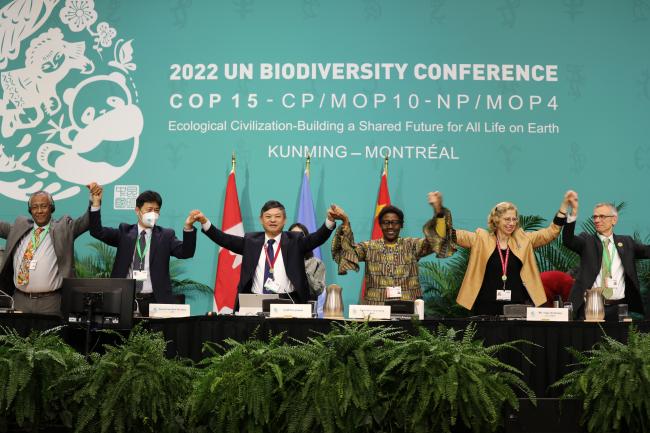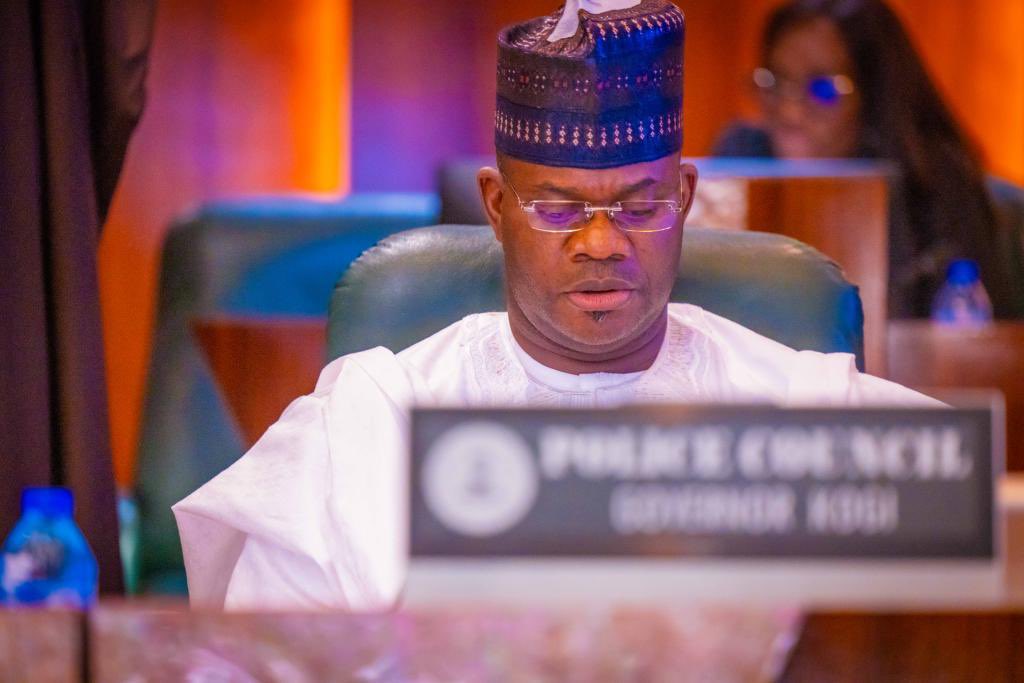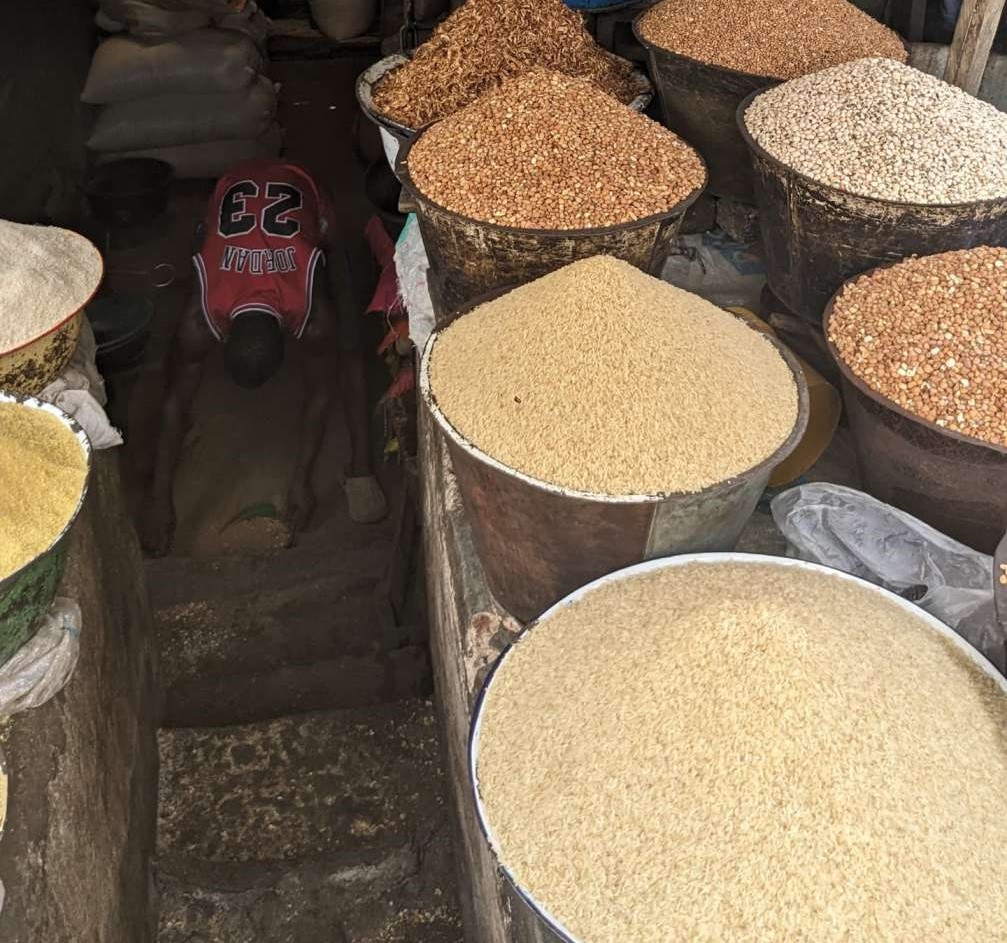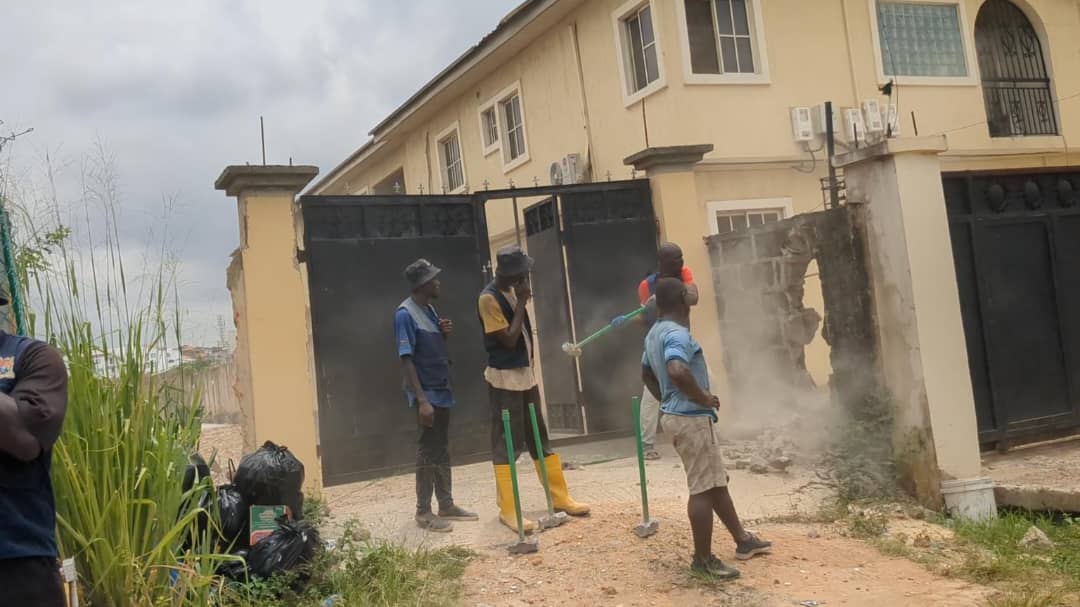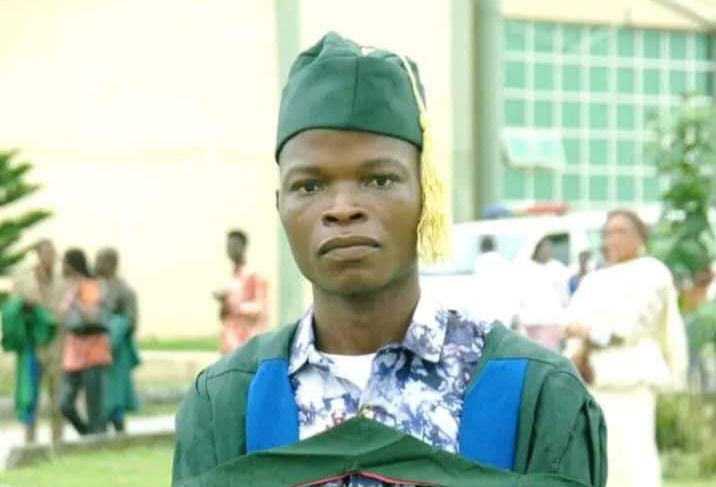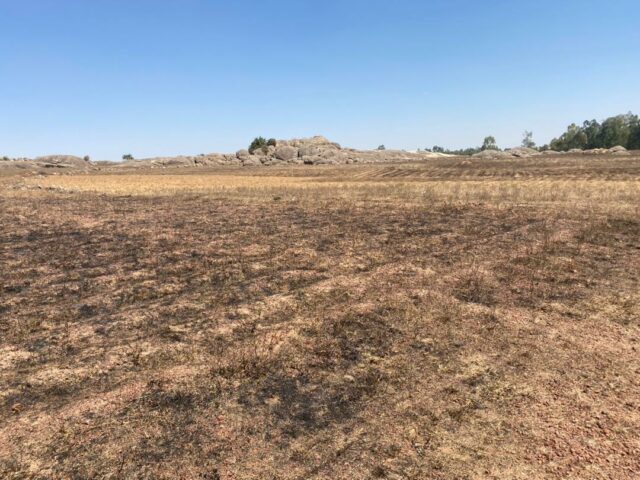The fifteenth conference of the parties to the Convention on Biological Diversity has ended in Montreal, Canada, with the adoption of the Post-2020 Global Biodiversity Framework (GBF), a new action pack for protecting nature.
Also called the Kumming-Montreal agreement, the GBF is aimed at halting and reversing the world’s biodiversity loss by 2030 through the conservation of at least 30 percent of the world’s land and ocean, partnership with indigenous peoples and local communities, and increased international funding for conservation efforts in developing nations.
Done under the presidency of China, the adoption of the framework by 196 parties in the early hours of Monday, December 19, marked the end of a historic two-week negotiation.
Scientists had sounded a warning in 2019 that the world was experiencing its highest loss of biodiversity since the dinosaurs, urging global leaders to act. Two years later, the first draft of the framework was released by the Secretariat of the UN Convention on Biological Diversity (CBD).
Though coming two years later than expected due to pandemic hurdles, the GBF will replace the Aichi Biodiversity Targets, the world’s manual for relating with nature from 2011 and 2010.
Reacting to the milestone, the UN Development Programme (UNDP) said that “people around the world can hope for real progress to halt biodiversity loss and protect and restore our lands and seas in a way that safeguards our planet and respects the rights of indigenous peoples and local communities”.
The UNDP also pledged support for the implementation of the GBF.
“For our part, through the ‘UNDP Nature Pledge,’ together with the UN Environment Programme and other partners, we are committed to turning this blueprint into reality,” it said. “We are ready for action. UNDP is there to deliver the systemic changes that can shift the needle on our nature crisis.”
However, the Word Wildlife Fund (WWF) thinks the targets and goals in the agreement are not enough to achieve the overall objective of the GBF. “For example, it lacks a numerical target to reduce the unsustainable footprint of production and consumption,” said Lin Li, Senior Director of Global Policy and Advocacy at WWF International. “This is disappointing and will require governments to take action at the national level.”
He, however, lauded the delegates, who, despite having a “mountain of differences” ahead of the conference, left with an ”agreement that starts, at least, to heal our relationship to nature”.
The Global Environment Facility (GEF), the financial mechanism of the convention, described the GBF adoption as a positive moment for the world.
“The agreement reached today in Montreal is a significant breakthrough for biodiversity,” said Carlos Manuel Rodriguez, GEF CEO and Chairperson. “It reflects never-before-seen recognition from countries at all income levels that biodiversity loss must be stopped through high-ambition changes to our society’s relationship with nature and the way our global economy operates.”
GEF had been requested by the COP to establish the Global Biodiversity Framework Fund to aid the existing financing for the implementation of the new framework.
“Please be assured of my commitment to work with the GEF Council, countries, and partners, to operationalize the decision and to address these important elements in a timely manner,” Rodriguez said.
“Biodiversity funding was the GEF’s focus going into these talks — more than 60 percent of our recent $5 billion record replenishment will be allocated to protecting species and their ecosystems through initiatives targeting the drivers of environmental damage.
“Biodiversity has never been as relevant as an economic and political issue as it is today. Today’s agreement is wonderful news, and it creates real momentum as we push toward 2030 and the critical goals ahead of us, including to protect 30 percent of land and marine spaces.
“We will continue to work closely with countries and stakeholders, including local communities, civil society, Indigenous Peoples, youth, and women, to use the GEF resources wisely and efficiently.”
This story was produced as part of a virtual grant for CBD COP15 hosted by Internews’ Earth Journalism Network.
Subscribe
Be the first to receive special investigative reports and features in your inbox.


